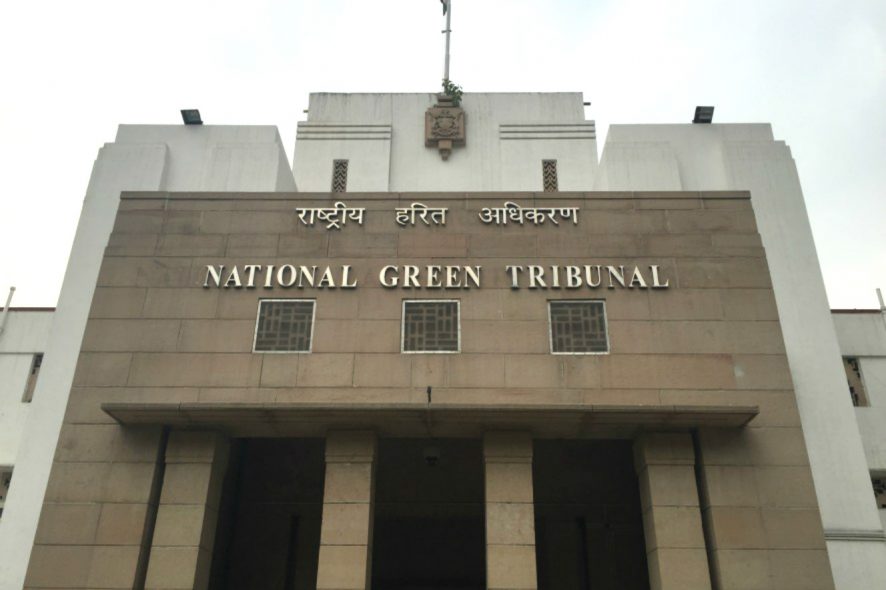National Green Tribunal (NGT): The Coram comprising of Justice Adarsh Kumar Goel (Chairperson) and Justice S.P. Wangdi (Judicial Member), Justice K. Ramakrishnan (Judicial Member) and Dr Nagin Nanda (Expert Member) considered the question in respect to the groundwater recharge through rainwater harvesting structures not being scientific and resulting in groundwater contamination.
In the present matter, through the original application filed, tribunal considered the above-stated question in respect to the recharge of water being done by Delhi Jal Board (DJB) and Delhi Development Authority (DDA), Public Works Department (PWD) Delhi, New Delhi Municipal Council (NDMC), South Delhi Municipal Corporation (SDMC).
Tribunal constituted a joint committee of Central Pollution Control Board (CPCB), Delhi Pollution Control Committee (DPCC) and Central Ground Water Board in order to take samples of groundwater and study the methodology of groundwater recharge undertaken. Further, a general report and of additional action was filed.
Based on the reports submitted, Committee had placed its observations and further in light of the observations, the following suggestions were given:
- Committee stated that at present there is no evidence of groundwater contamination, because of faulty Rain Water Harvesting Structures (RWHSs).
- The installation of RWHSs within Storm Water Drains having Contaminants should not be allowed.
- Rain Water Harvesting by pollutants/contaminated water must be stopped and the owners/owning agencies of RWHSs should properly maintain the same to prevent recharging by contaminated water.
- Piezometer should be installed near the RWHSs for monitoring of Ground Water Level and Water Quality of recharging water. Separators to be installed in order to separate the pollutants before recharging RWHSs by polluted water such as surface run-off.
- Depth of recharge bore well should atleast be 5m above the Static Water Table of the area.
- Guidelines for the installation of RWHSs are available at DJB website which is required to be strictly followed.
Therefore, noting the above, Tribunal being satisfied with Committee’s suggestions stated that the above are with a view to protect the environment.
Thus, the tribunal directed the above directions for implementation and also directed Delhi Jal Board, Delhi Development Authority, Public Works Department, Delhi; New Delhi Municipal Corporation and South Delhi Municipal Corporation to take appropriate remedial measures for mitigation. [Mahesh Chandra Saxena v. Central Pollution Control Board, 2019 SCC OnLine NGT 279, decided on 11-09-2019]






